I get asked this question all the time from students, Internet friends and fans, even co-workers (yes there and MANY working professionals out there who don’t read music)… Actually, I’ll bet that last statement sort of answers the question pretty clearly. If there are plenty of working pros out there who don’t read then do you need to know it?
I guess not, huh?
I mean, think about it… If you have a good ear, meaning you can pick up lines, harmonies and song structures, and you have a very good memory you technically have everything you really need to get a ton of work. Of course I’m assuming you’re already a very proficient player on your instrument.
So why read? Why study music “theory?” It is, after all, just a theory and not actual “fact” – I’ll blog on this subject later 🙂
I’ll be completely honest, I can’t even remember the last time I was paid to read a sheet of music! I think it must have been back when I still performed orchestrally, or maybe a few one-off trio gigs (but even then I wasn’t reading cuz I’ve got most of those standards memorized anyway). Any time I’m in the studio I’m going off the scratch track. Anytime I’m backing an artist I’m going off their cd. Anytime I’m on tour I’m playing songs I’ve done a million times. Anytime I’m playing at church I’m reading a chord chart (not actual music notation), and even then I’m playing off memory because I hate being glued to a chart onstage. I guess the only time I actually READ music is in my own personal practice time and while I’m teaching a student how to read.
So why do you need it?
Besides the obvious, which is the fact that it opens doors for you to gigs you would have never gotten before (gigs that require reading, that is), which even as I’ve stated already are pretty few and far between for me, reading music acts as a tool that I use to help me memorize music. I’ll put it to you this way: in a given week I probably have 80 new songs to learn (between weekend church services, local gigs, tracking bass in the studio and the 550 students that walk into my music academy) EVERY WEEK! And if you think that I’ve memorized all of that music every week then you think that I’m much better than I actually am!
Well, actually to an extent I have memorized them. When I need to learn a new song I do it this way: I start by listening to it once all the way through, without playing along. Just soak it in and don’t worry about keys, licks, forms or anything. Then I turn to a sheet of staff paper. I draw out bars and begin charting out the chords. NOTICE that in not writing note for note transcriptions, but rather just a chord chart or lead sheet (it’s faster and easier). Within one or two listens I have the whole song figured out and I’m done. This process is important for me because it causes me to really analyze the song and focus on what it’s doing for a solid 5-10 minutes (depending on the length of the tune). Now at this point I don’t really need the chart anymore, but the process of writing it out helped me memorize it.
“Wait a minute, I thought you said you couldn’t memorize 80 songs a week?”
You’re right, I’ll forget it in about 2 minutes. So I place the chart in my gig bag until I need it. That way I can look at it just before the gig to jog my memory, and as long as I did a good job charting it I’ll be in good shape to perform it. At least that’s how I work.
“Wait a minute, charting has nothing to do with reading music.”
You’re right again. How does reading music fit in to this equation then, if all you need to know is how to chart?
Well, like I said, on my first listen all I do is listen. This gives me a chance to really hear what the bass player is doing. And chances are that if he’s playing on this record with this particular artist, that means that they chose him for a particular reason; i.e. he is a VERY good bass player (or he was the right fit for the job). In other words, he knows what he’s doing and I should give what he did a try before I try to make up my own bass part. He got the gig, not me, so obviously I should start there.
So as I’m listening I notice, “Wow! That turn around lick was sick !”
I jot it down, note for note, on my chart where it occurs.
“Dang, that kick pattern is perfect!”
I use rhythmic-notation to help me remember the syncopations and distinguish the verses from the choruses and bridge.
“The way he stays up in the higher octave for every chorus is cools, except for the last one when he finally brings it down to the lower octave to drive it home, was a powerful trick!”
Noted.
So you see, even though I’m rarely paid to read music, I actually read music EVERY DAY, and if I didn’t I wouldn’t be able to keep my job because my memory isn’t that good. Of course there are situations where I read just for the fun of it but we’re talking about tools for your profession here, not hobbies.
The truth is that reading is an IMMENSE tool to have at your disposal, even if you don’t plan on becoming a great sight-reader and taking those kinds of gigs (which of course are out there, I’m just not interested in them).
What do you think?

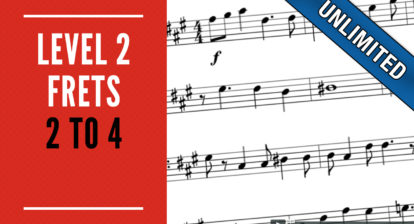
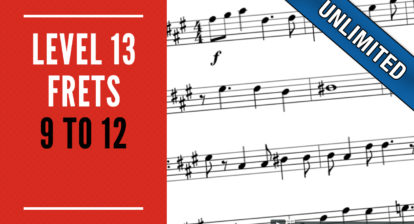
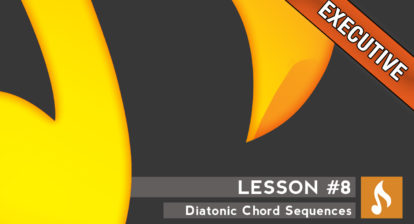
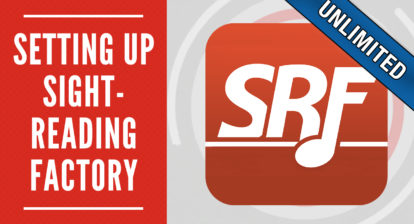
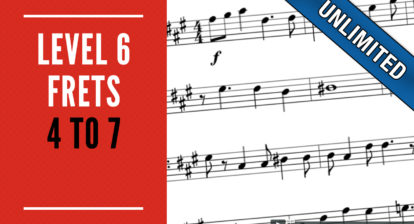
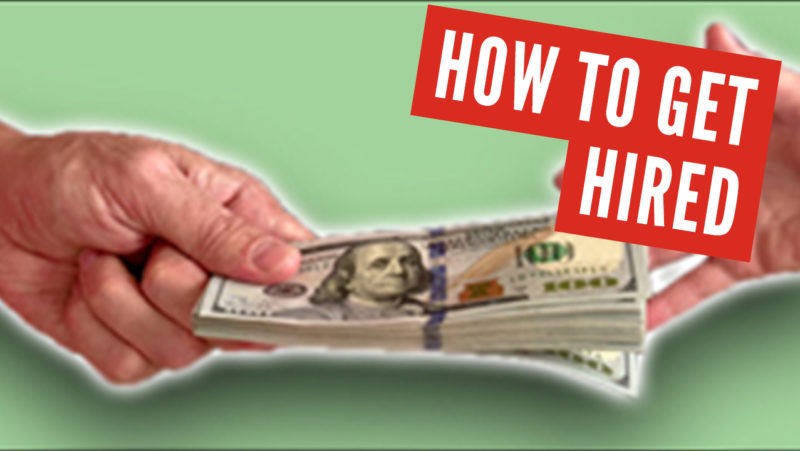
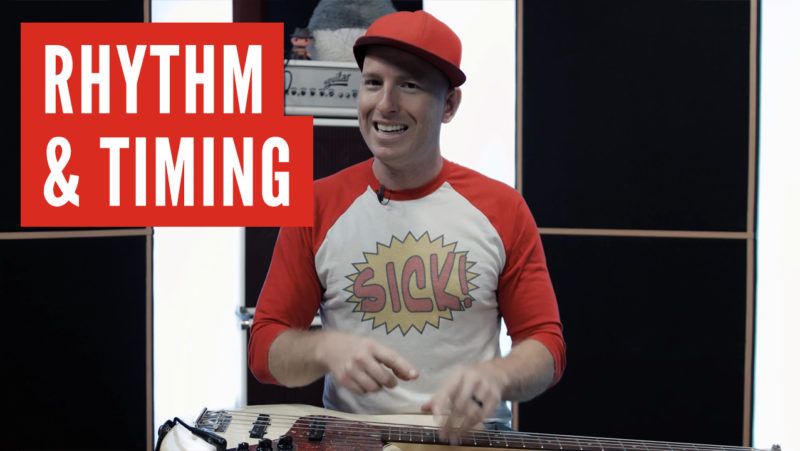
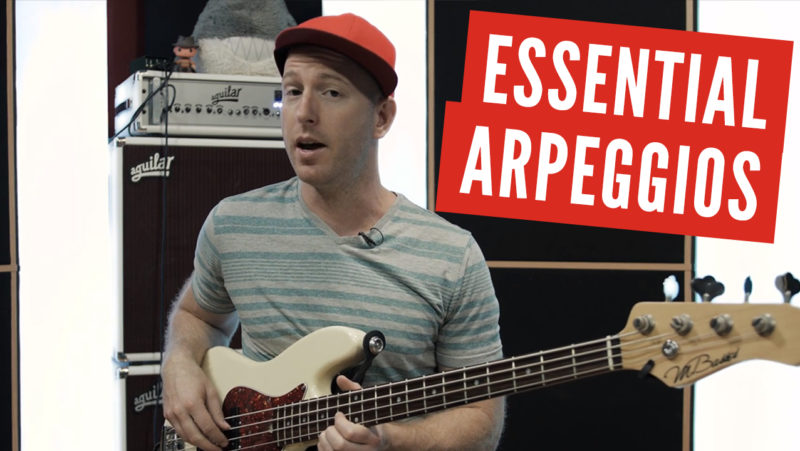
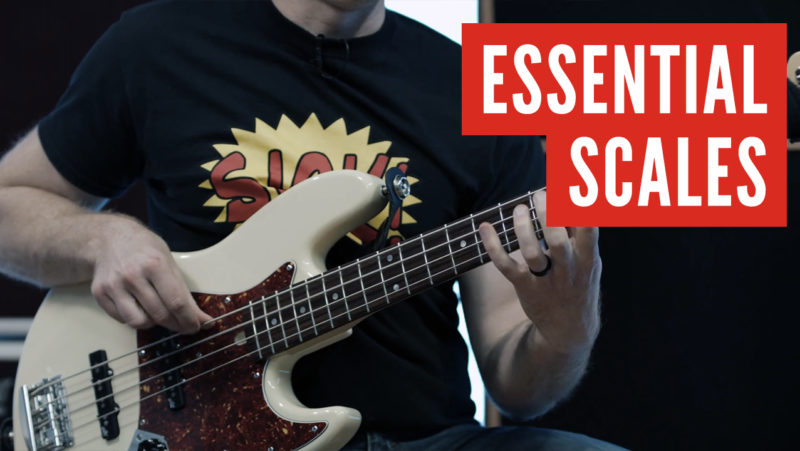
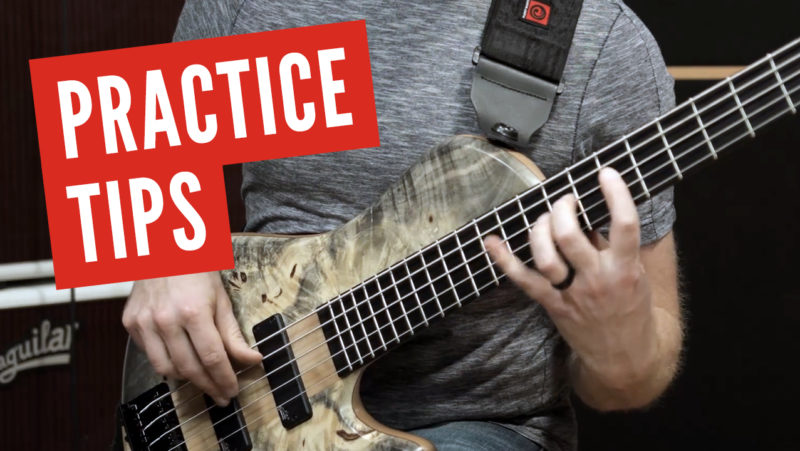
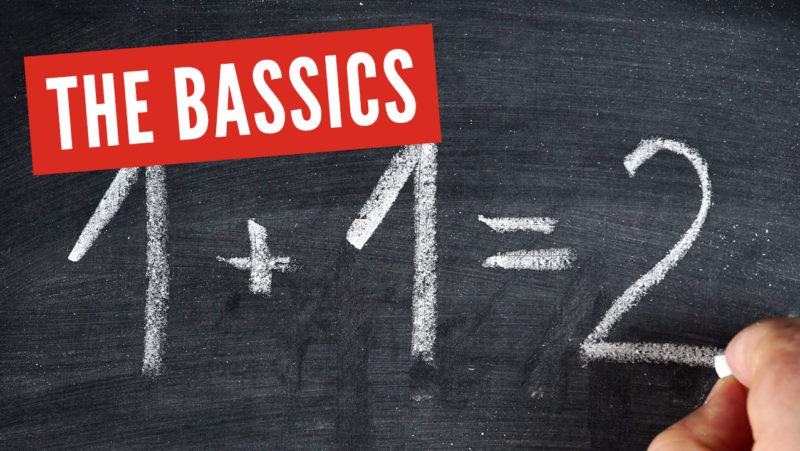
John Hewitt
Reading opened up a whole new world of bass playing and studying for me. I now love fooling around with Simandl, Ray Brown and Rufus Reid. Jaco was a fluent reader and promoted it. I sit down and play through trombone books such as the Ernest Clarke Method. I already knew how to read for the piano and played trumpet in high school band but was really weak at the bass clef. After playing rock and pop for 25 years I now finally feel like a real musician when playing bass. I know the notes on the neck better, shifting and playing without looking is better, I can visualize chords, modes, substitutions better. I can study and apply harmony better on the bass now. The benefits are countless really. I have Jeff Berlin to thank for whipping me into shape with reading. I did his one week intensive where it was all reading and this total immersion is when it came together.
It’s more than being just being able to sight read or transcribe and get those type of gigs… It’s a different way to understand the instrument. Maybe it’s just getting another part of the brain involved. I don’t know, but it works. It really opens up the bass in a different way.
It’s not hard… it mainly takes patience to go really slow at first. Start writing out tunes you know well to practice the notation then play along. Do a One Week Intensive!
Jayme
Reading bootcamp; I like it! Sign me up 🙂
Matthew Tillison
Great blog. I’ve been playing for close to 20 years and I’m just now learning to sight read and chart. I did the memory thing for eons. Now that I’m learning the “what” behind the tunes I attempted to learn and play I have a better understanding of the runs. Reading and charting has helped me learn tracks enormously faster than it used to. Highly recommend learning early in your music career because you’ll go much farther. You’ll get the gig!
Great article Jayme.
Jayme
Thanks man, ya I couldn’t agree more with you. Sitting down and staring right at it really helps the song to “pop” out at you and all of a sudden it all becomes crystal clear. Plus when you’re transcribing parts in detail you get a little sneak peek into the artists’ brain. Pretty cool!
Nate
This is some pretty sweet insight. I’ve found sight reading plays a crucial role in my bass playing. It’s really frustrating and cumbersome at first but eventually it leads to a greater understanding of the instrument and how the bass fits into a given song. Thanks for your thoughts Jayme.
Jayme
Thanks Nate! It’s funny how frustrating and cumbersome it is, but also how easy it is too. I always tell students that I can’t guarantee that they’ll become the greatest musician in the world (since that’s beyond my control), but to become an absurdly excellent (professional) sight-reader I can always guarantee; it’s just like learning to read English or any other language. And yes I agree it definitely expands your understanding of your instrument and it’s role in the song when you can analyze it like this!